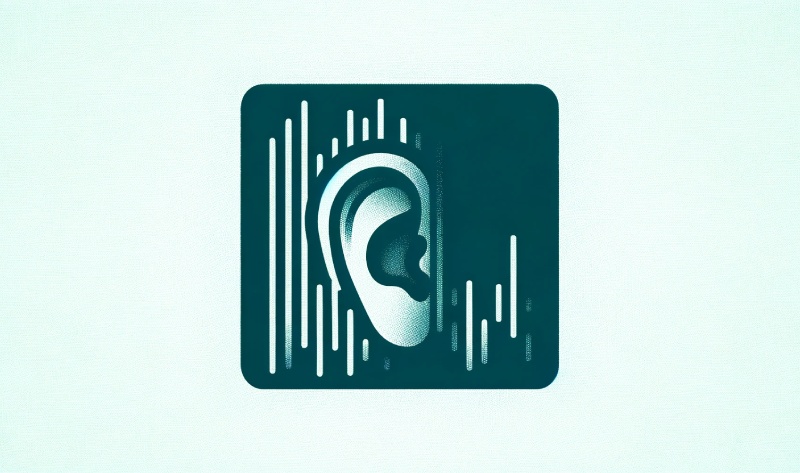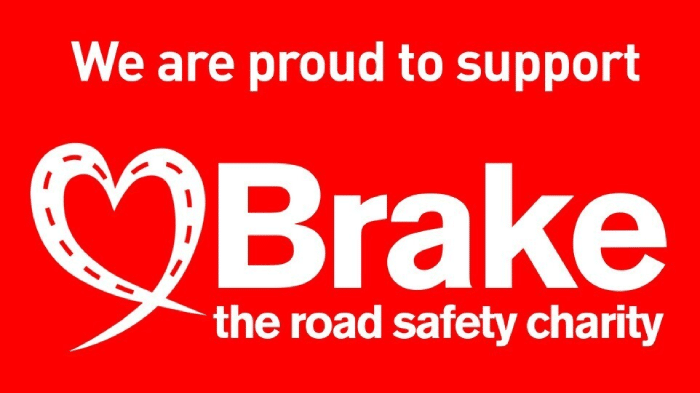Guest Blog
We invited Andrea Quinn from the Royal National Institute for Deaf People to share some guidance for employers and employees on how to best cater for colleagues with hearing loss.
The way we work has changed dramatically during the COVID-19 pandemic, with video conferencing, social distancing measures and face coverings becoming the new norm. These changes have affected us all, but they have presented extra challenges for deaf people and people with hearing loss.
Many deaf people and people with hearing loss rely on lipreading, something which has become impossible with the use of face coverings. Social distancing, screens and poor internet connections muffle sound and make lipreading increasingly difficult.
We’ve been working with the Equality Commission for Northern Ireland to highlight the importance of reasonable adjustments in the workplace, and the employer’s duty under the Disability Discrimination Act.
Reasonable adjustments
Reasonable adjustments in the workplace can include communication support such as a British Sign Language Interpreter, an Irish Sign Language Interpreter or a Note Taker. The employee may benefit from assistive equipment such as a personal listener which amplifies sound.
Sometimes small changes to the employee’s working environment can help, such as changing where the employee is sitting, or removing a partition so they can see other colleagues and lipread them more effectively.
Everyone is different, and adjustments need to take the individual’s needs into account. The employee may need additional breaks due to lipreading or signing fatigue, or they may benefit from flexible working hours to ensure they are on a shift pattern rota when background noise is minimised.
Reasonable adjustments during the coronavirus pandemic
The coronavirus pandemic has added extra challenges, but employers can consider making a number of simple adjustments to support deaf employees or employees with hearing loss.
- Promote social distancing as a first step before introducing barriers and face coverings. This can be achieved through measures such as flexible work patterns and home working.
- Where screens and barriers are put in place these should be clear Perspex wherever possible. This will help people who lipread to communicate effectively with colleagues.
- Consider the use of face coverings with clear panels where coverings must be used and can do so safely. This will allow people with hearing loss to lipread. These should be supplied to all staff that the person works alongside, rather than just the person with hearing loss.
- Share RNID’s communication tips with your staff or consider providing your staff with Deaf Awareness Training.
- If your workplace uses video conferencing, encourage participants to use the video function so people can see their face and to mute their microphones when they’re not speaking to reduce background noise. Find out more about making video calls deaf aware here
For more information, contact RNID’s Workable team in Northern Ireland by emailing employmentteamni@rnid.org.uk
Through Louder than Words, RNID provides accessible services and training, tailored to your specific needs. For more information visit https://louderthanwords.org.uk/
By Andrea Quinn, Senior Employment Support Officer, RNID.
People that suffer from any level of hearing loss as a result of working in loud environments might be entitled to compensation. At Paschal O’Hare Personal Injury Solicitors, we specialise in noise induced hearing loss claims of this nature. You can learn more about our services or contact us for a free no obligation enquiry.













